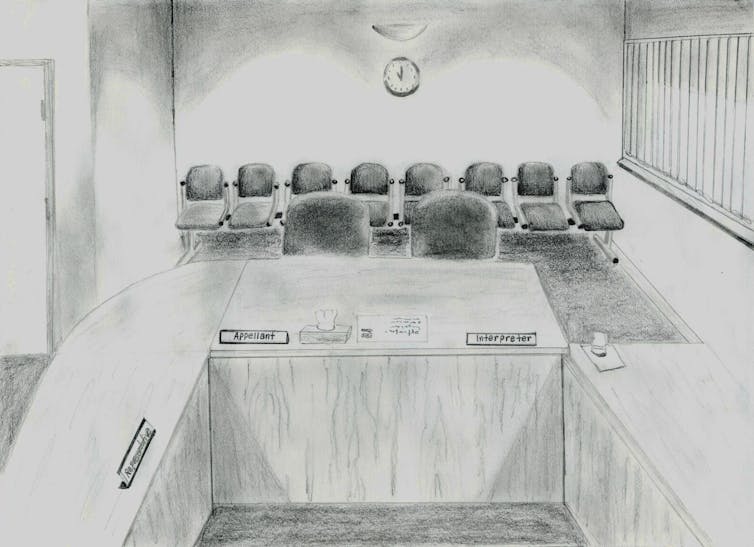How can we respond to the refugee crisis? Ten practical ways.

Dr Naomi Millner is a lecturer in human geography at the University of Bristol. She is also part of Bristol Hospitality Network – an organisation which helps support and house refugees.
In the past couple of weeks, an issue that has long been an issue has hit a ‘tipping point’ in terms of public awareness. It’s strange when this happens. Suddenly the language of ‘crisis’ proliferates. Suddenly everyone wants to know what they can do to help. Historically, it’s often been images of suffering children that either provoke such tipping points, or channel them to a wider audience.
Perhaps it is the powerlessness of a baby in the face of indifferent natural or political forces that brings this rise out of us. Or perhaps it makes a far-off struggle suddenly feel very near.
Personally, I find it problematic that, first, we are (almost) only moved to action by such images and second, that the action we are moved to is largely motivated by pity or sympathy. I wish we were as easily moved by the struggle or suffering of any person. Still more, sympathy can unwittingly depoliticise what are extremely political situations. If I feel sorry for you and want to help you, I am largely ignoring the fact that I have, and am, part of creating this situation that you are in. Better to be angry, outraged, repentant, about it.
Perhaps it would be better if, for once in our long history, we actually did nothing. But we still want to act. It’s also true that systems, attitudes and policies need to change, if people seeking liveable lives are to be able to do this within our current world. So what will we do? How can we respond?
Continue reading →
 An asylum appeal court: a judge’s view. Rebecca Rotter, CC BY-NC
An asylum appeal court: a judge’s view. Rebecca Rotter, CC BY-NC



